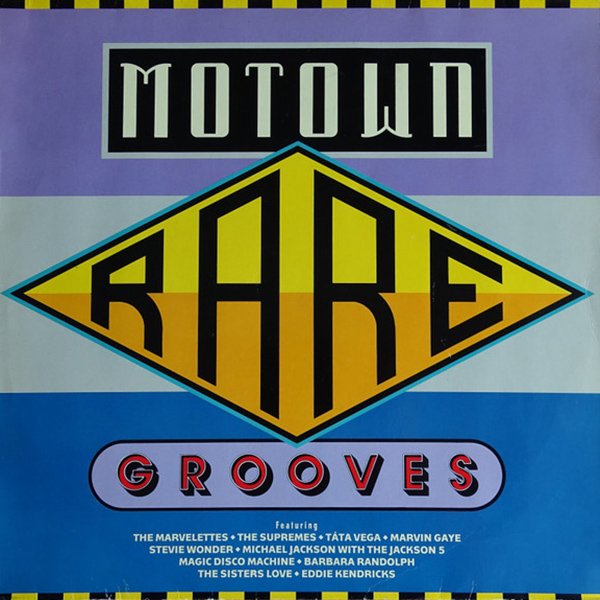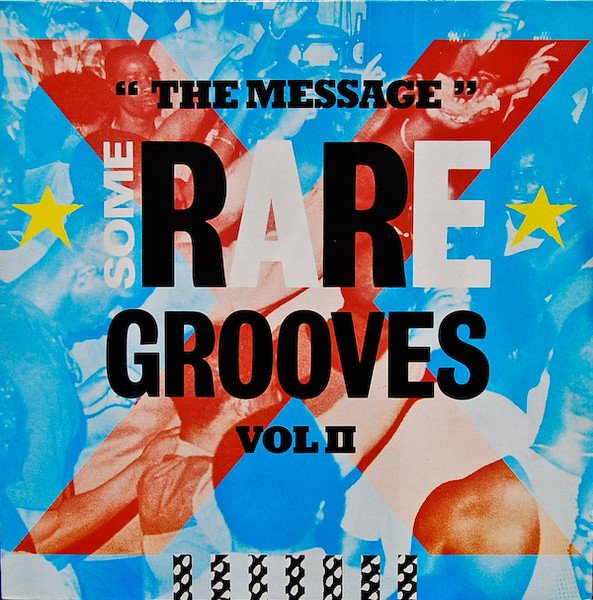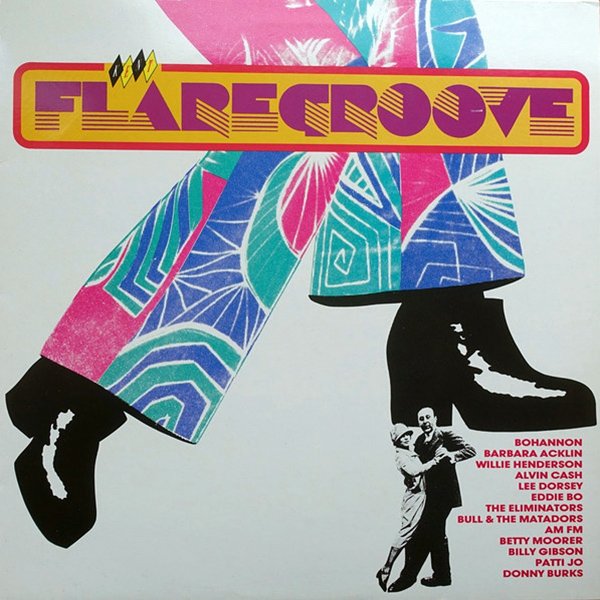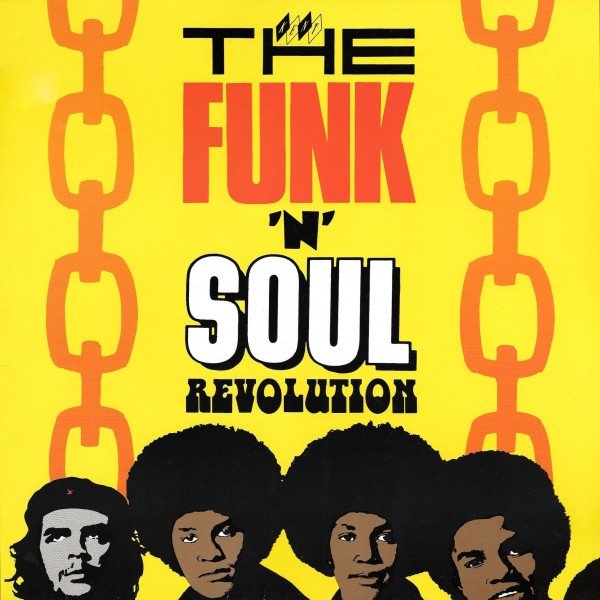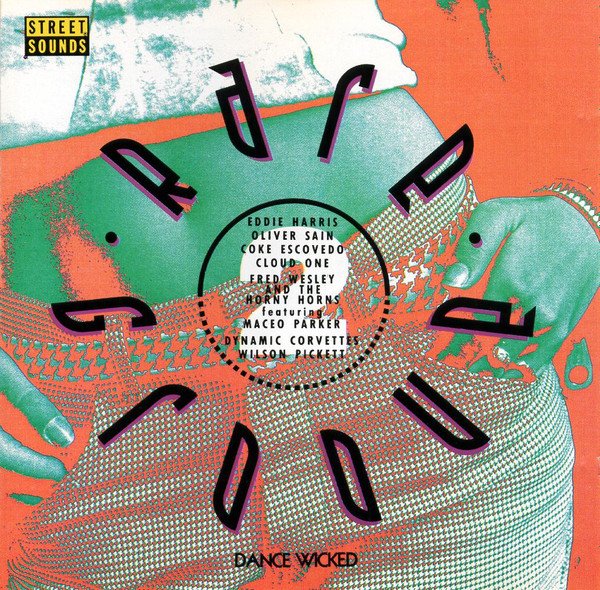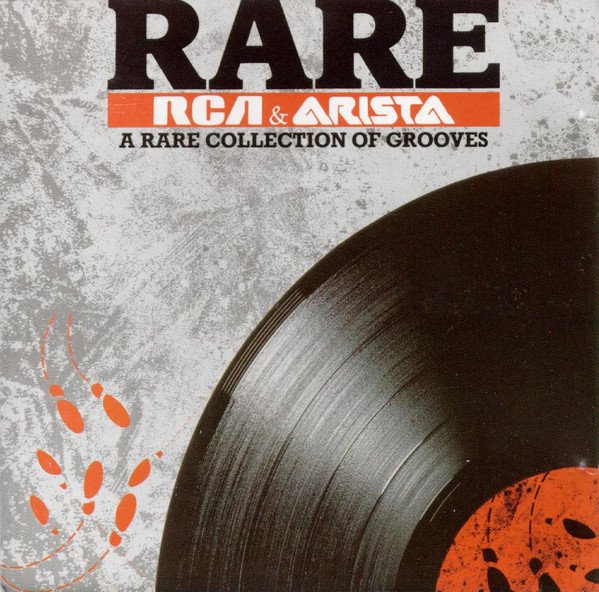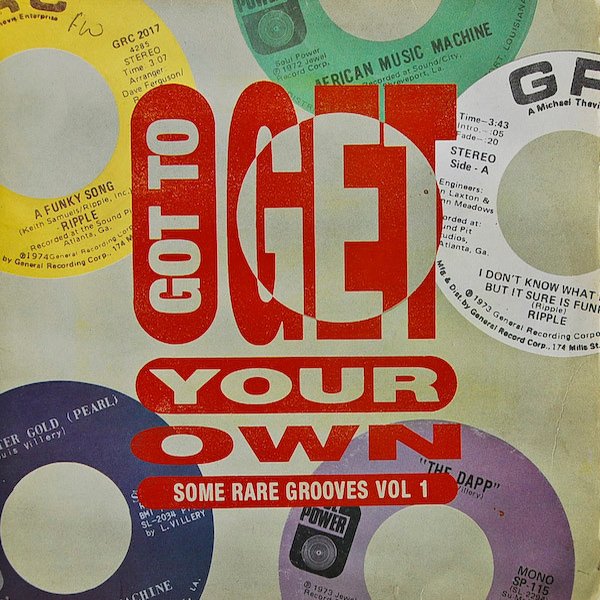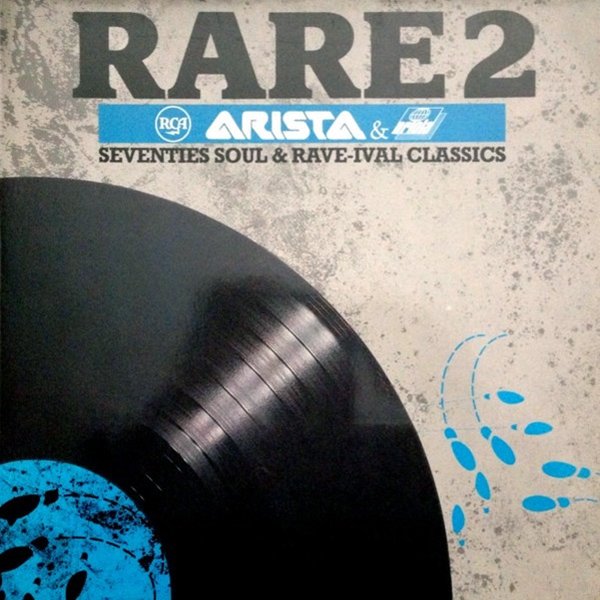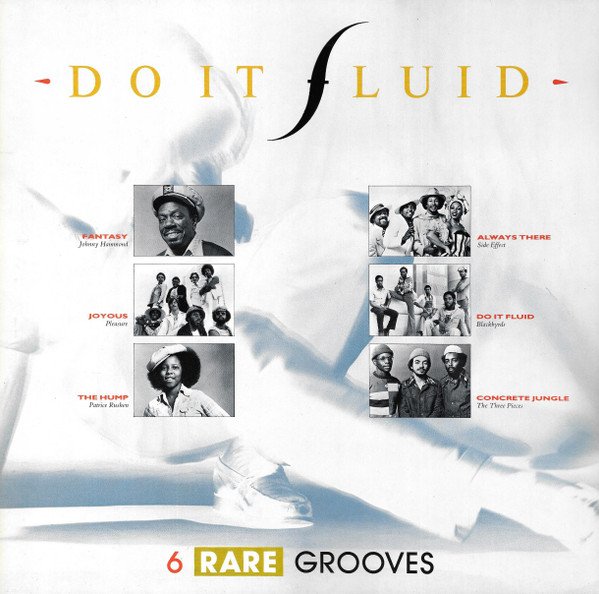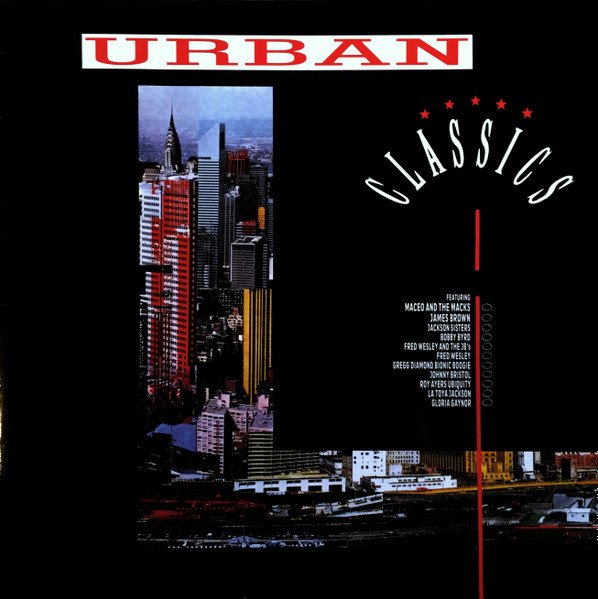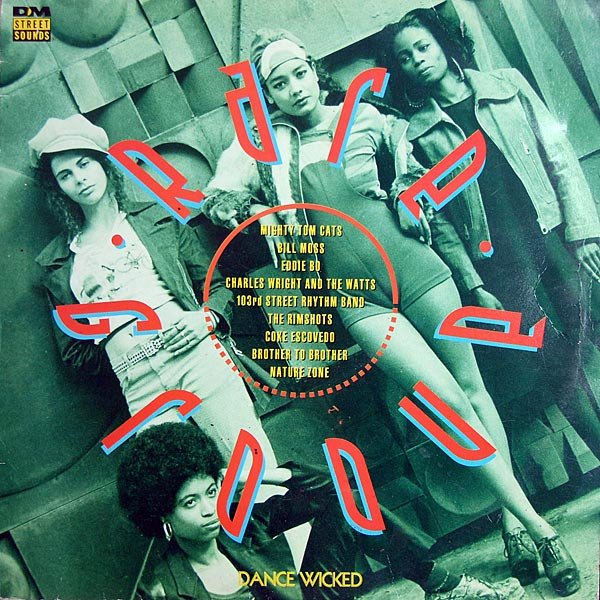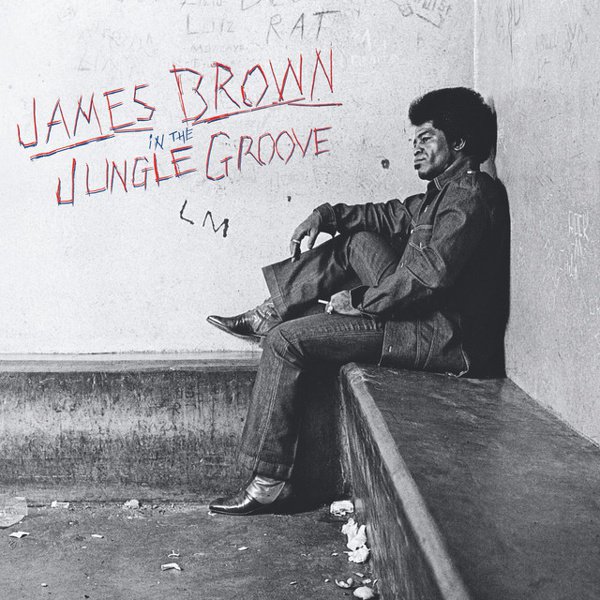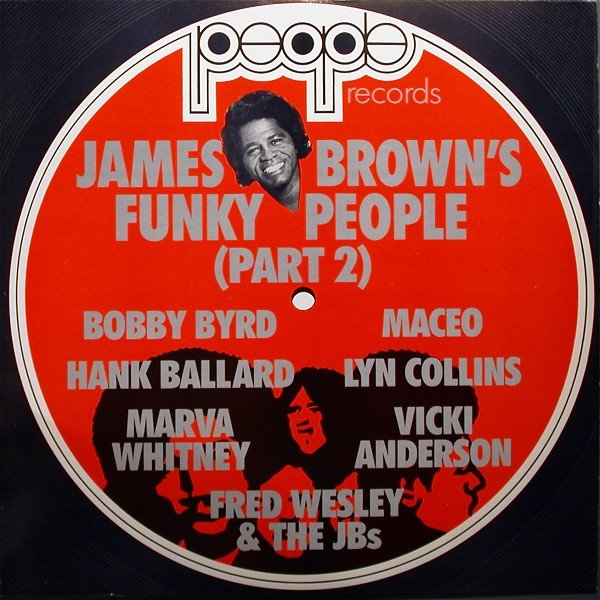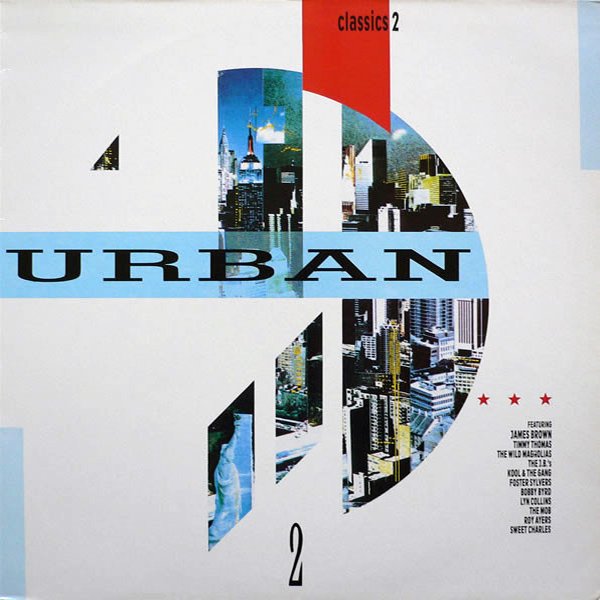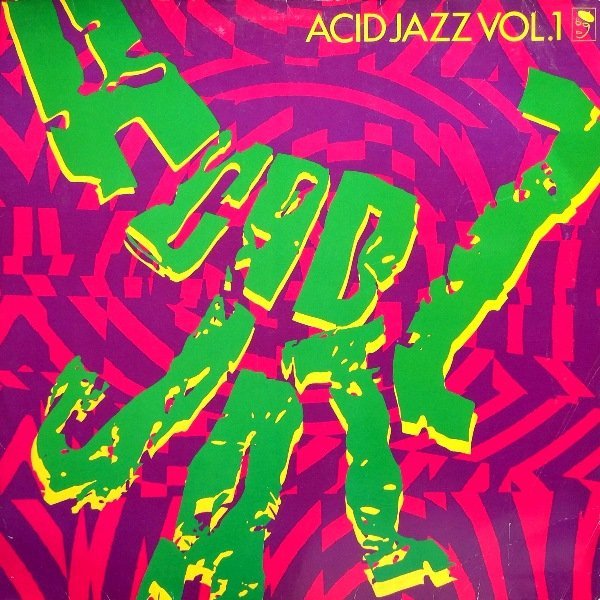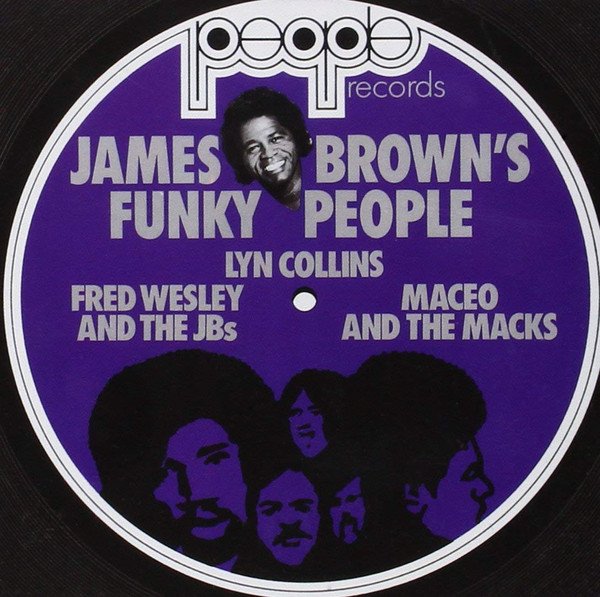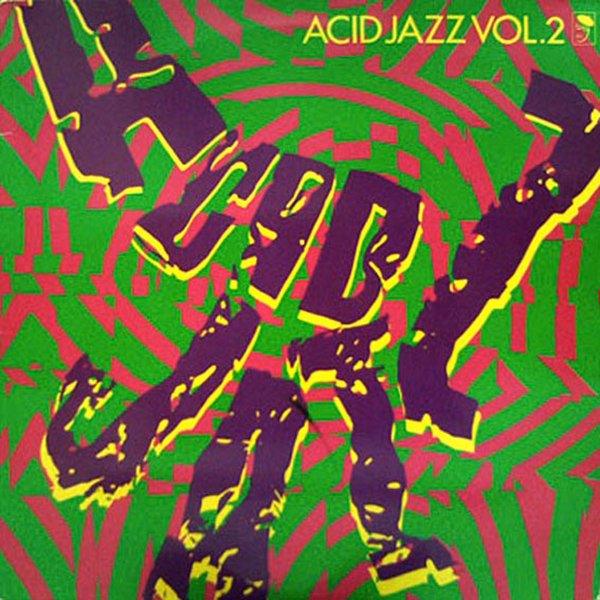Rare Groove was a largely London-based mid-80s club/party scene, where DJs like Norman Jay, Barrie K Sharp, Noel and Maurice Watson, and Femi and Marco (later of Young Disciples) unearthed and gave new life to obscure and forgotten soul and funk records, many of which are now considered perennial dance floor classics.
During the mid-80s rare groove peak, entrepreneurs Femi, Marco & Norman Jay released an illegal double A side 12” of two of the biggest tunes on the scene, “Cross The Tracks” by Maceo & The Macks and the Jackson Sisters’ I Believe In Miracles, and as Jay recalled in his autobiography, “…the demand for our bootleg was so enormous that it actually got into the lower reaches of the chart.” This led to a wonderful flurry in 1987/88 of compilations from major labels as they discovered forgotten parts of their soul and funk back catalogues were suddenly in high demand. Polydor, as rights holders of James Brown’s catalogue, were the most frightened by rare groove and the first to act in ‘86 with their In The Jungle Groove compilation and the initial volume of James Brown’s Funky People, the latter introducing the embarrassment of funk riches that was the seventies output of JB’s singers, his backing band and their solo projects.
While many collectors and DJs may have been faintly horrified as records that had previously exchanged hands for hundreds of pounds were now freely available on a £6.99 album, for anyone else into funk and soul it revealed a treasure trove of astonishingly high quality and bizarrely overlooked music. That records like Coke Escovedo’s buoyant, casually euphoric “I Wouldn’t Change A Thing“, the beguiling, unique kid-soul of Foster Sylvers’ “Misdemeanour“, or Rueben Wilson’s powerhouse dance floor killer “Got To Get Your Own” weren’t already well known is just another example of the capricious nature of the music industry. That major labels quickly cashed in on a short-lived but influential London retro club scene is also another example of that capricious nature, but it also provided a neat audio snapshot of mid-80s London clubbing, while making available a sublime collection of wonderful music that had previously been lost.

